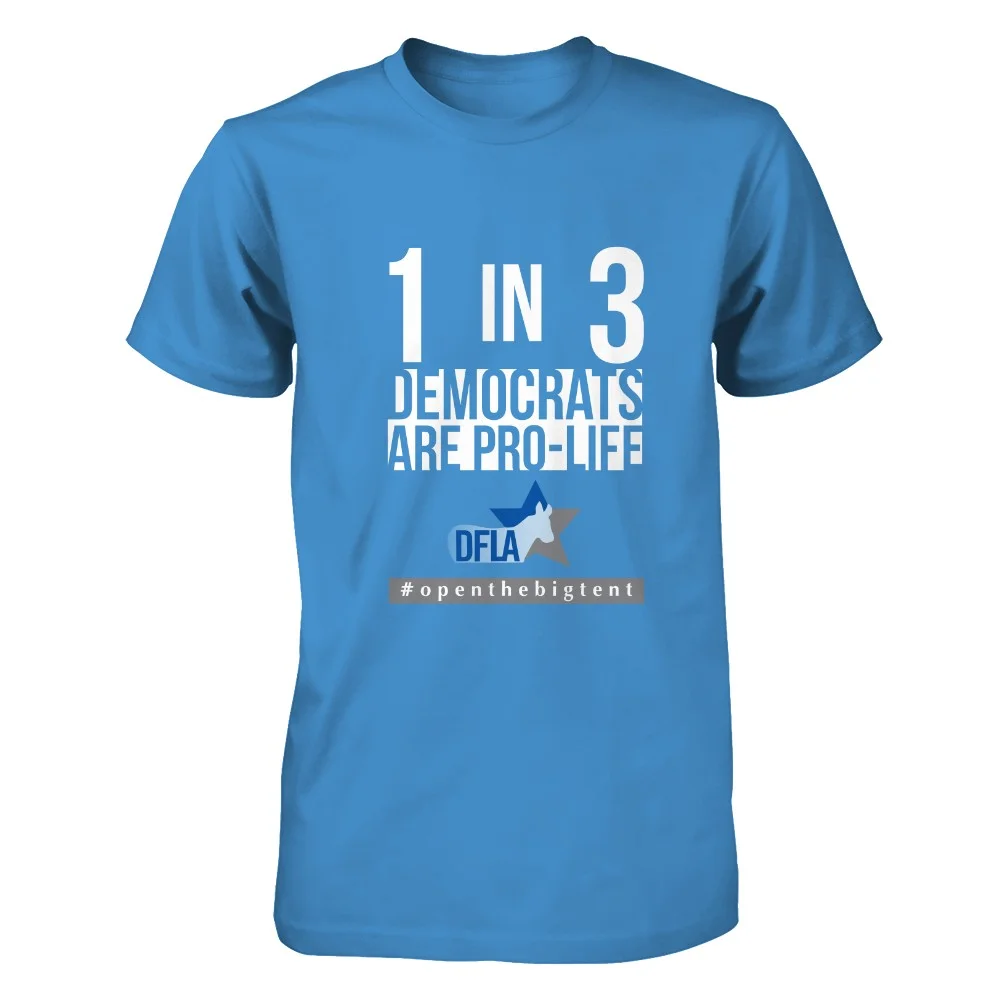Three years ago, a French police officer traveled to the Basilica of Sainte-Anne d'Auray near the Brittany coast, seeking yet another change in his already eventful life.
Arnaud Beltrame made his pilgrimage to offer prayers that he would meet "the woman of his life." Soon afterwards he met Marielle Vandenbunder and they celebrated their engagement in 2016 -- at Easter. They were married a few months later.
That was a secular union. Arnaud and Marielle wanted more time to prepare for a truly Catholic marriage, according to Father Jean-Baptiste of the Abbey of St. Mary of Lagrasse in South France. The wedding was set for June 9, 2018.
Father Jean-Baptiste was at their side all through that process. He was also at their side performing last rites -- hours before Palm Sunday and the start of Holy Week -- when Lt. Col. Beltrame died hours after a sacrificial act that caused mourning across France.
French President Emmanuel Macron was blunt, stating that by "giving his life to end the murderous escapade of a jihadist terrorist, he died a hero."
Pope Francis sent his condolences to the families of those killed and injured when a self-proclaimed ISIS supporter attacked a supermarket in Trebes. The pope singled out the "generous and heroic" act by Beltrame, who offered himself as a substitute for a female hostage the gunman was using as a human shield.
The 45-year-old officer entered the standoff alone and placed his cellphone -- the line open -- on a table, allowing police to listen in. After two hours officers heard gunfire and rushed inside, killing the gunman. The fatal blow to Beltrame was a knife stab to the neck.
In a lengthy interview with Famille Chretienne (Christian Family), Father Jean-Baptiste went much further than the pope, when linking Beltrame's heroism with his pilgrimage to faith.
The officer "knew the incredible risk he was taking. He also knew the promise of a religious marriage he had made to Marielle, who is already his wife and loves him tenderly, of which I am a witness," said the monk, in a transcript, translated online from French.





